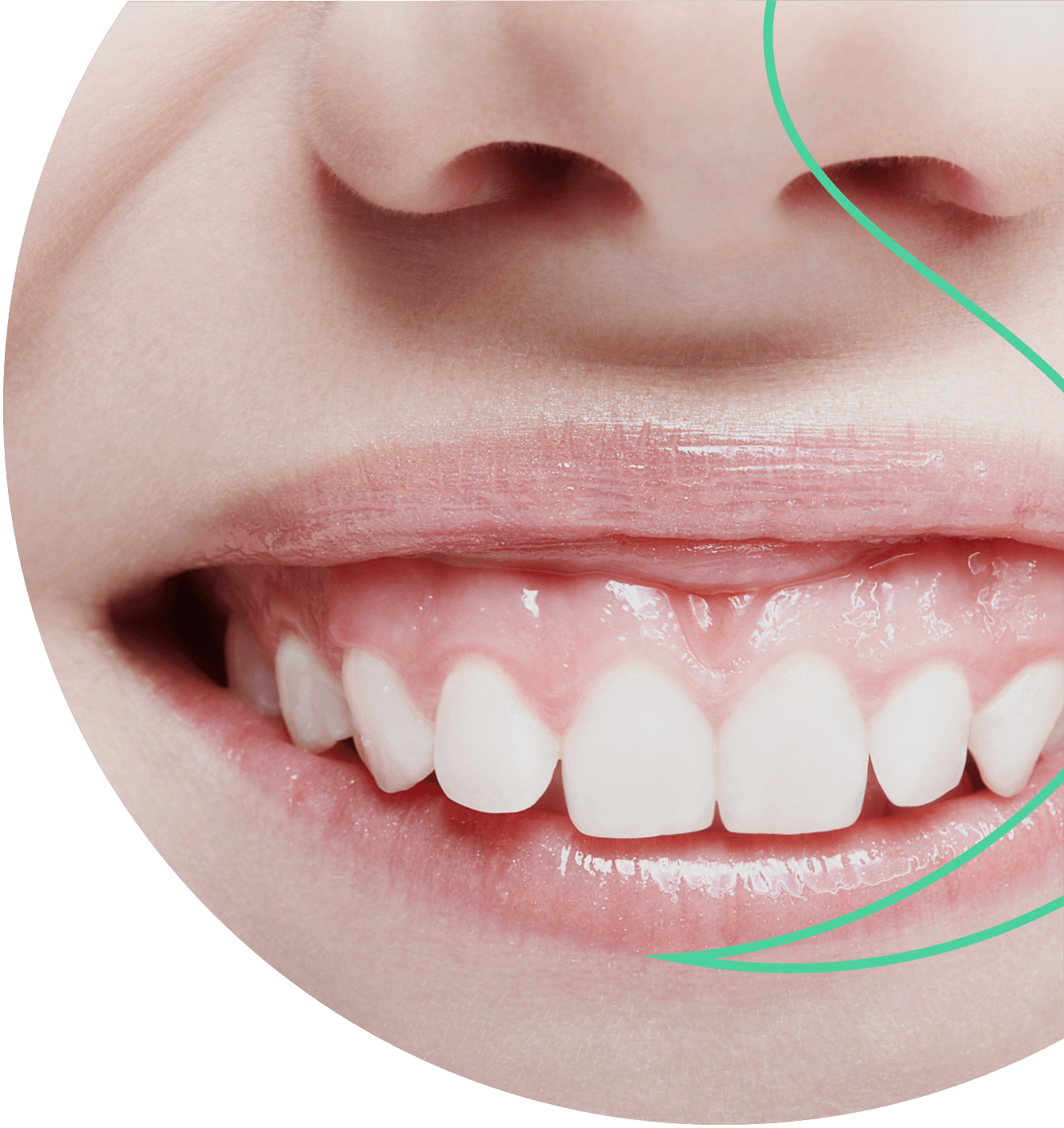Groundbreaking SmileFast Treatment in Solihull
SmileFast
SmileFast is the ground-breaking new development in Smile Design, Trial Smile preview, Refinement of the smile and Smile Makeovers.
SmileFast helps patients by guiding you through the treatment planning, allowing you to visualise your planned new smile, understand the journey and then deliver the life-changing results.
There are three steps to the process:
- We design your new smile on to a photograph to show you what your new smile could look like
- We let you try on your new smile and let you refine it so that your smile is exactly how you want it
- You have your fit appointment where you leave the practice with your beautiful new smile
How life-changing could a perfect smile could be for you?

